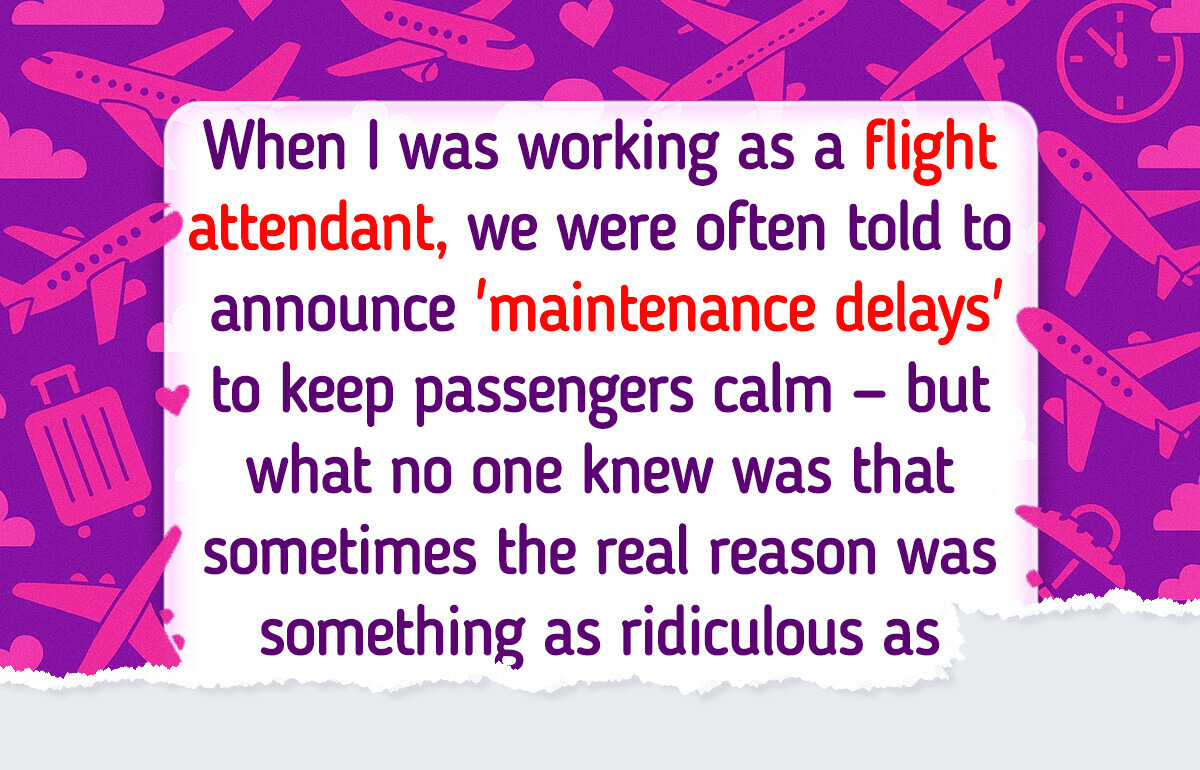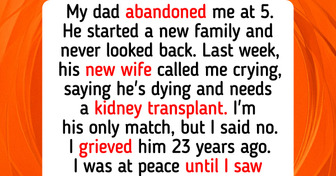I Installed a Secret Camera After My MIL Insisted on Having Our Key


Behind every polished corporate facade lies a world few outsiders ever glimpse — a world of whispered rumors, hidden policies, and strange decisions made behind closed doors.
In this expose, 13 ex-employees step forward to share the secrets they were never supposed to reveal.
I used to work at a big insurance company, and here’s the truth — staying loyal to them almost always screws you. The people who switch insurance every 2–3 years almost always get better deals than the ones who stick around. Loyalty penalties are real.
And honestly? That’s not even the worst thing they do to longtime customers.
Used to work in digital product for a major bank — here’s the thing nobody tells you: that “free” banking account? It’s not actually free.
You’re not paying in fees — you’re paying in data. Every time you open the app, we track what you look at, how long you stay on each screen, what you tap, and what you scroll past. That info gets turned into a profile: what you worry about, what you’re likely to buy, and how easily you can be nudged.
Sometimes we use it to upsell you. Other times, it feeds into broader analytics... and yeah, that often gets shared or sold. Free? Not really. You’re just the product instead of the customer.
When I was working as a flight attendant, we were often told to announce vague “maintenance delays” to keep passengers calm — but what no one knew was that sometimes the real reason was something as ridiculous as a broken coffee machine, and we were under strict orders never to admit it.
Personal banker here. They train us to upsell you the moment you look confused. If you’re in for a declined card or a bounced check, we’re told to offer solutions.
It sounds helpful — but 9 times out of 10, it’s a fee-heavy upgrade.
Groceries:
Expiration dates? We often just rotate older products to the front. And if it’s not moldy or leaking, most stores leave “expired” food out for another few days without blinking.
Worked in credit risk assessment. Here’s the truth: a perfect score doesn’t mean “approved.” If your credit history is too clean or short, we flag it as “thin file.”
We prefer someone with a few bumps — it shows how they handle stress.
I work at a big-name bank’s call center. People don’t realize your customer behavior gets scored.
Missed one payment and called in screaming? That gets logged. Made a late payment, but were polite and consistent? You might still get approved next time.
Ex restaurant worker:
That $30 truffle pasta? 99% of the time it was truffle oil — a chemical flavoring — not real truffles. Customers couldn’t tell the difference, and we made insane profit margins.
I work in corporate compliance. People think banks are slow because they’re old-fashioned. Nope — they’re slow because every single new product, feature, or wording has to be legally reviewed.
Some button labels took 3 months to approve.
Sometimes doctors order unnecessary tests not because you need them — but to protect themselves legally in case you sue later.
I worked for a mid-sized marketing agency that loved giving out 'promotions' — but they were completely meaningless. You'd get a fancy new title like 'Senior Associate' or 'Team Lead,' but when you asked about a raise, they'd say, 'Budget’s tight, but this sets you up for a future salary review.' Spoiler: it never came."
"Management used this tactic right before busy seasons. They'd 'promote' a bunch of people, hype it up internally with announcement emails, and make them feel guilty for asking about compensation. Meanwhile, responsibilities doubled. After a year, most people realized they were just tricked into doing two jobs for the price of one."
"It got so bad that internally, employees started calling these promotions 'The Crown Without the Kingdom.' We joked that we were being knighted into unpaid servitude."
We had these annual 'anonymous' surveys where they begged us to be honest. Later, people who complained about management mysteriously got put on 'performance improvement plans.' I found out IT could match responses to our employee IDs through timestamps.
I worked for a major insurance company. We literally had denial quotas. The more claims we rejected — even legit ones — the better our bonuses. They trained us to find the tiniest technicalities to justify a rejection. I still feel gross about it.
Behind every policy and procedure, there’s a real person with real experiences. And when they finally get to share them, we all see the system a little more clearly.
A Financial Specialist Shares Tips on How to Teach Your Child About Money at Every Age











